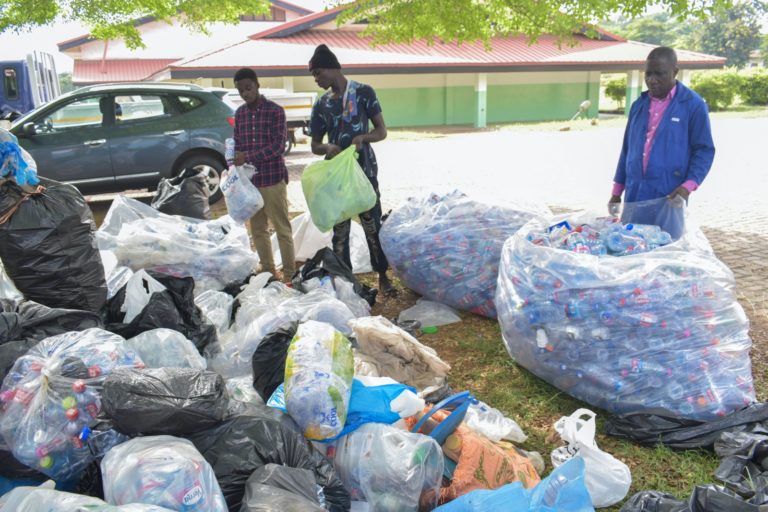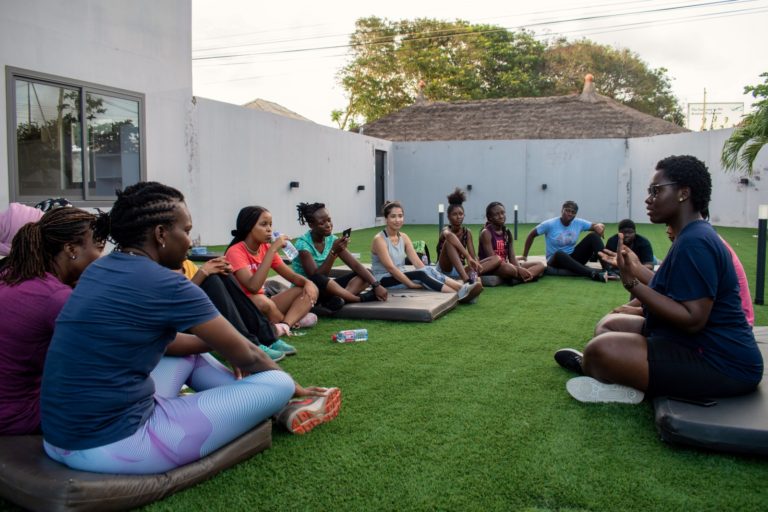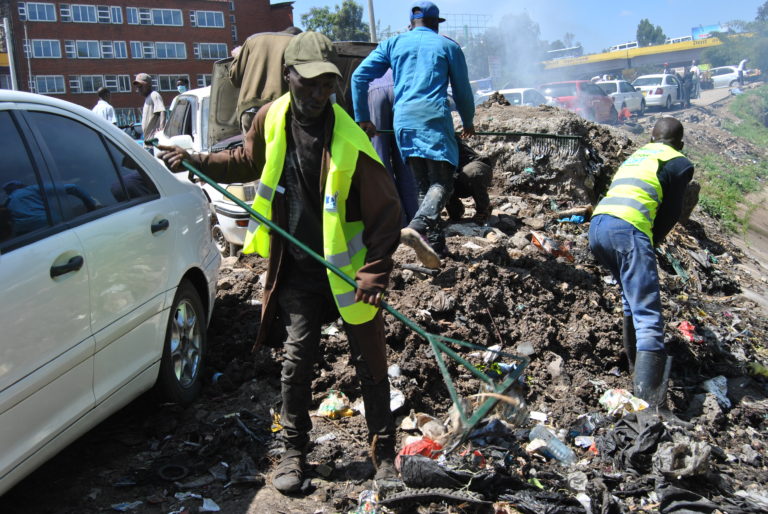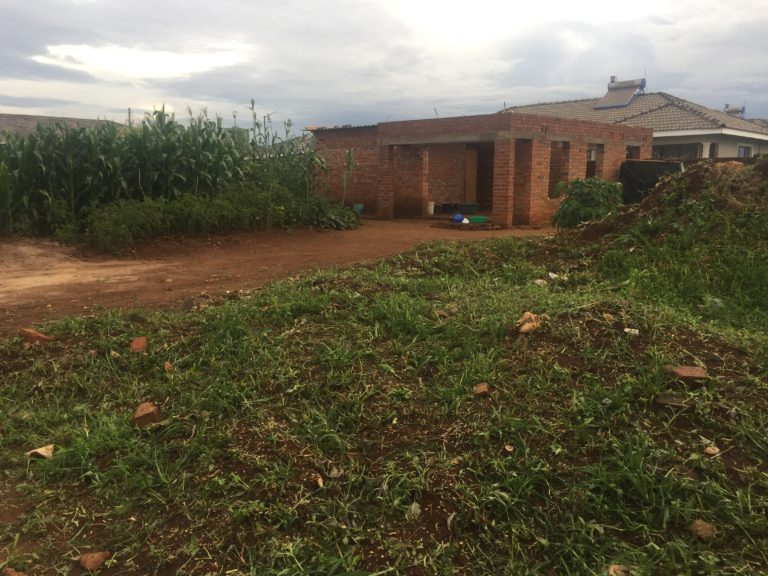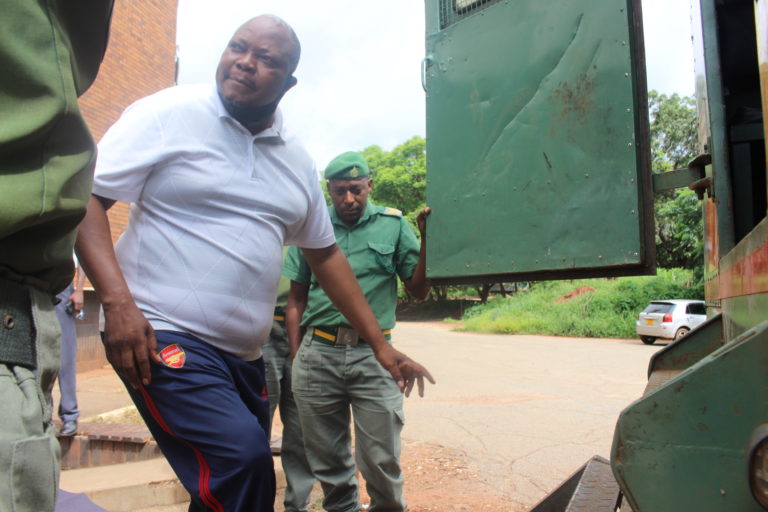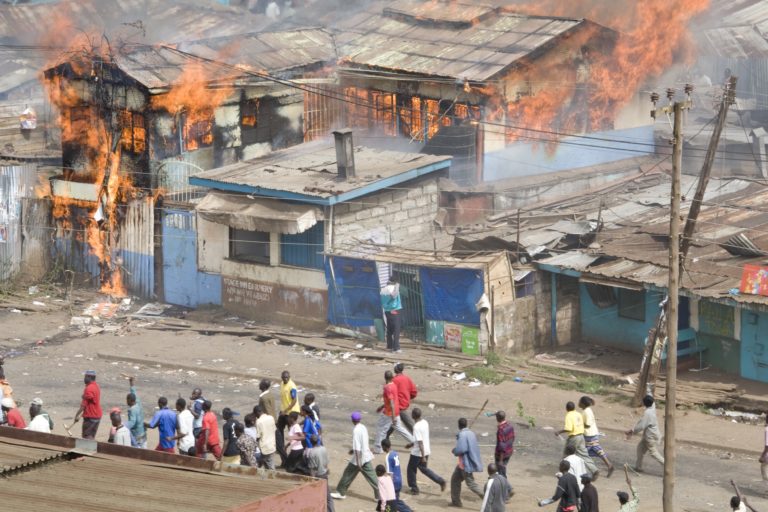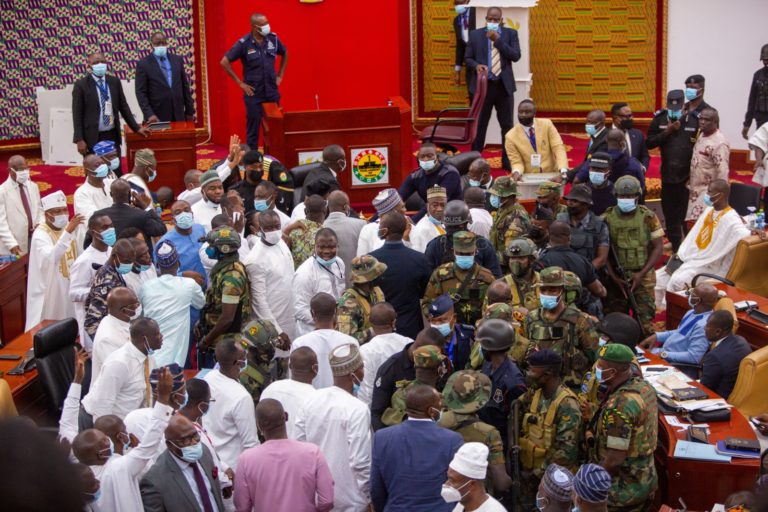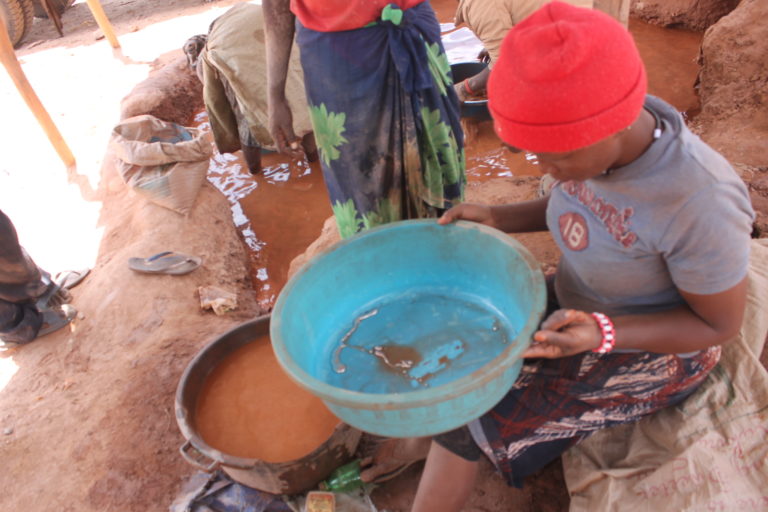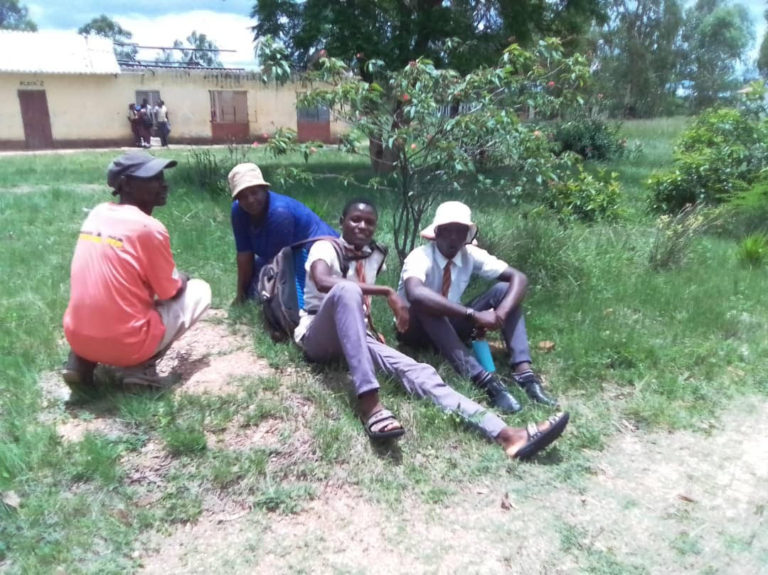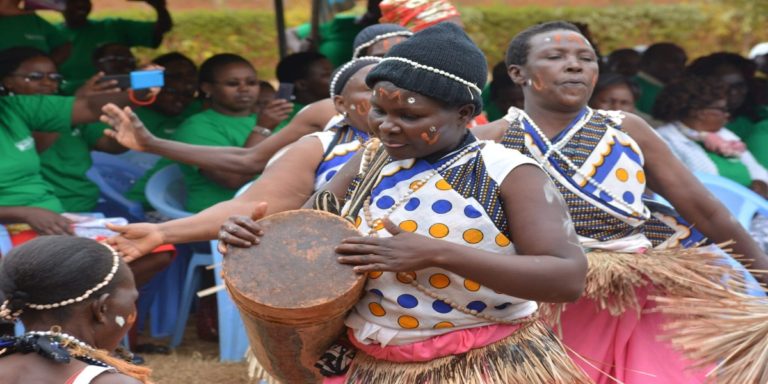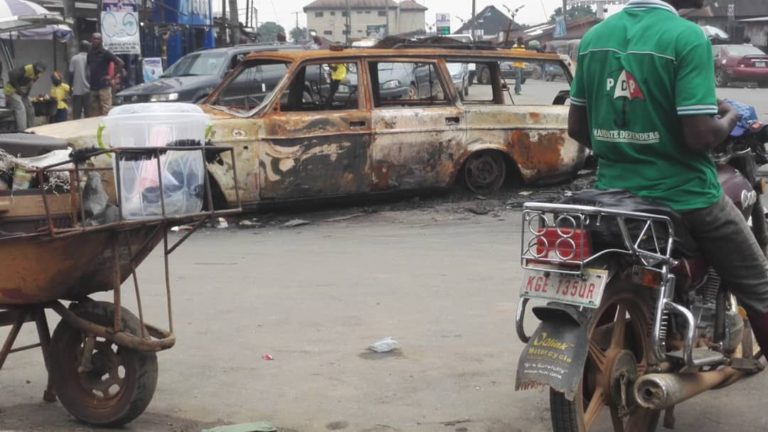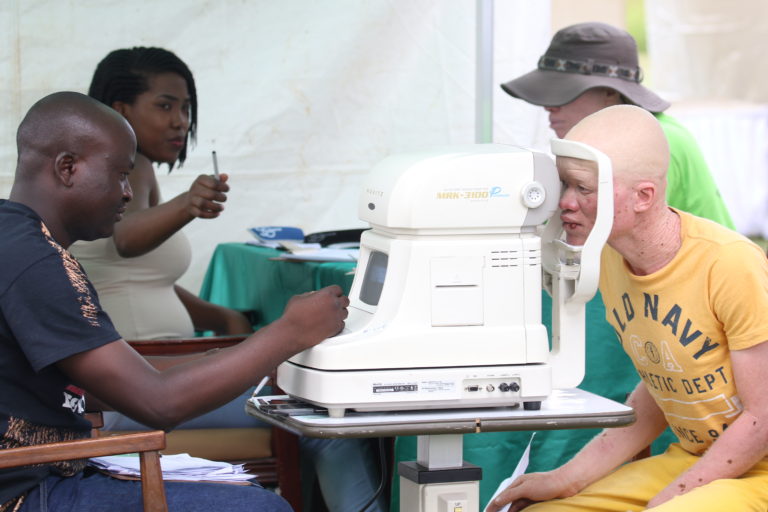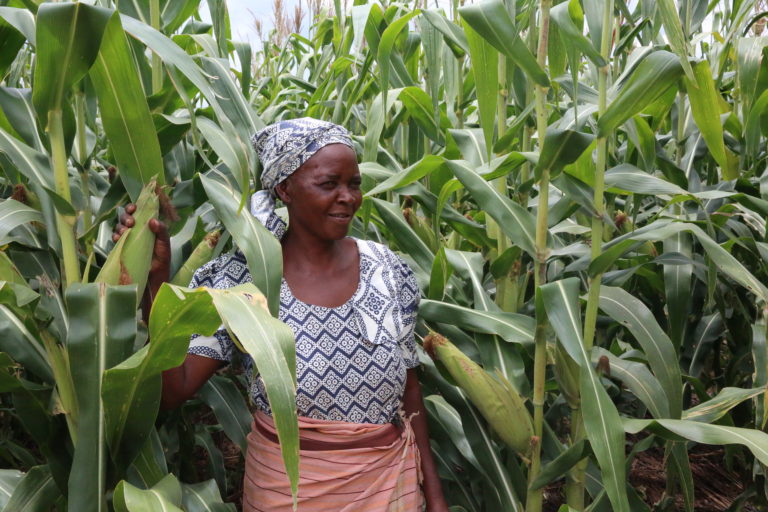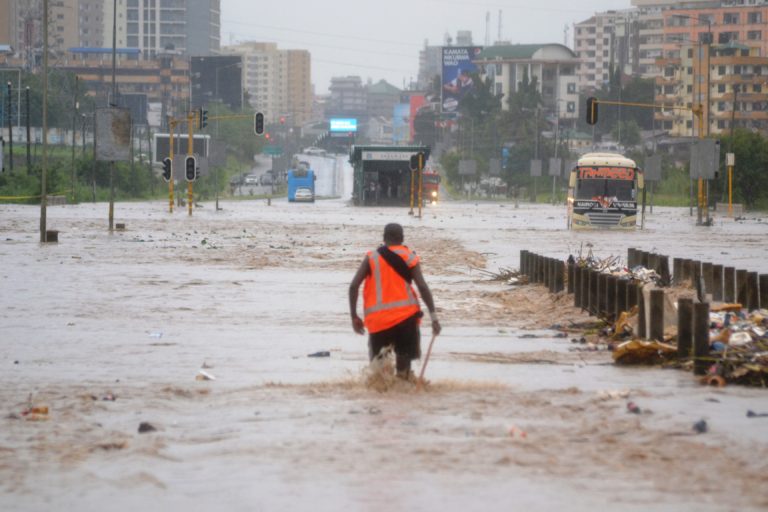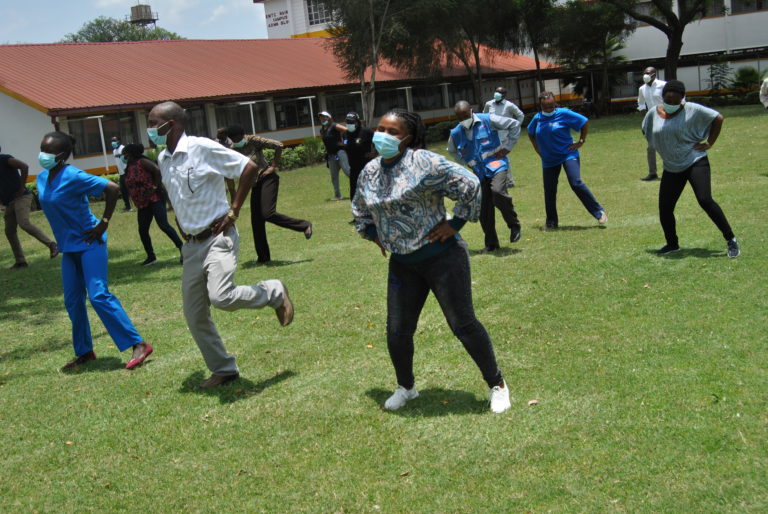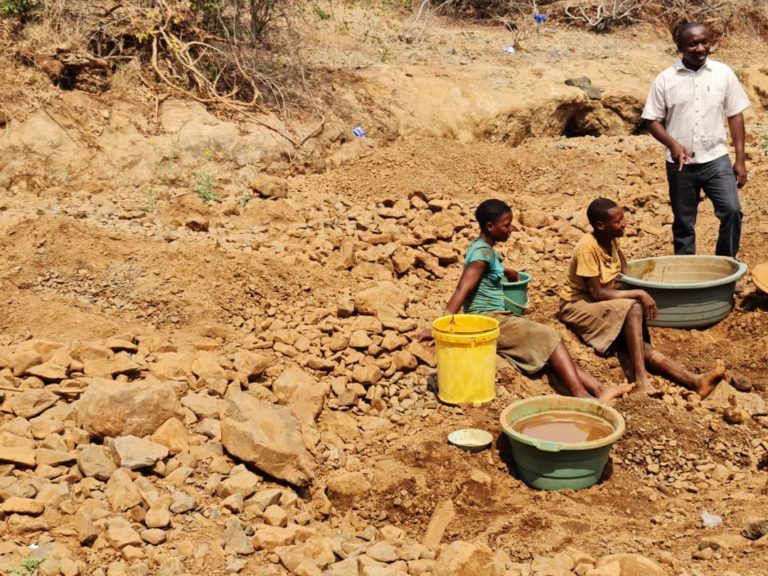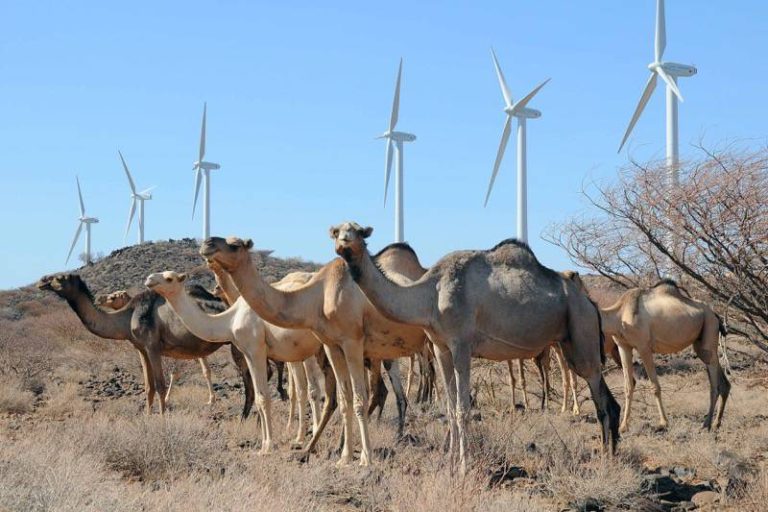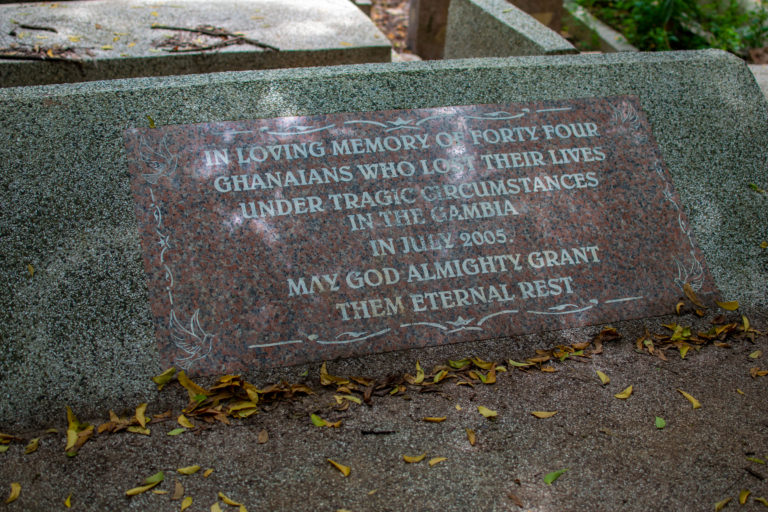Before jumping into her first sermon for 2021, Rev. Agnes Philips took time to stress something to her largely middle-class congregation in the Legon Interdenominational Church. Concern for the environment.
“We are stewards, not owners; caretakers, not proprietors,” a pamphlet she brandishes reads.
Watching from home because of the Coronavirus pandemic, 70-year-old Dr. Robert Otsyina derives some satisfaction from fellowshipping in a church willing to engage with environmental conservation.
Caring for the environment has been dear to him for three decades as he worked for the International Centre for Research in Agroforestry (ICRAF) as a researcher in Tanzania.
Just as dear to him, especially in the last 15 years which he returned to Ghana, has been his Christian faith.
It hadn’t been until 2015 when he formally joined the Legon Interdenominational Church and connected with its albeit relatively-small environmental action.
And Dr. Otsyina is not averse to starting small, as he lauds the consistency of his church’s moves to combat plastic waste with a recycling program.
Whilst grateful for such opportunities to participate and think about ways to preserve the environment within the context of his fellowship, Dr. Otsyina knows the Church in Ghana as a whole needs to reorient its followers for change on a national scale.
But there is a lack of awareness for the earliest mandate from God to Christians that concerns him.
“I think Christians don’t really understand this. They don’t see protecting the environment as a significant responsibility,” he remarks. “God didn’t just put Adam and Eve in the Garden but he gave them the task to take care of the land.”
On the other end of the generational spectrum, 24-year-old Daniel Anyorgyia, a journalist and environmental activist, faces similar concerns with the Church in Ghana.
Reducing carbon emissions and developing solutions to climate change and renewable energy are things he has been thinking about over the past four years.
The same can’t be said of his church.
“You hardly hear anything on environmental conservation,” he laments of Deeper Life, the church he fellowships with.
Protecting the environment really should be a basic way of fulfilling key Christian edicts, he stresses.
“If churches are not looking at how to conserve the environment as a way of caring for another, that means there is either a knowledge gap or no one seems to care.”

The church in Ghana wields tremendous influence with over 70 percent of Ghana’s population professing to be Christian.
This influence grows when narrowing in on some mega-churches which command allegiances of hundreds of thousands nationwide but are criticized for settling for the prosperity gospel instead of using their reach to consistently force social change.
Ghana’s environmental situation has worsened in the last five years.
The prevalence of illegal mining has threatened food and water security and resulted in the loss of forest cover to devastating effect.
Using remote sensing and satellite data from the University of Maryland, Global Forest Watch estimated that there was a 60 percent increase in Ghana’s primary rainforest loss in 2018 compared to 2017. That was the highest in the world.
The loss of forest isn’t exclusive to illegal factors though.
Currently, activists are on edge because of the Ghana government’s decision to mine bauxite in the Atewa Forest Reserve which is one of the world’s Key Biodiversity Areas that harbours extraordinary wildlife and provides water for millions of Ghanaians.
These are some of the issues Dr. Otsyina would like drummed home within Christian circles but he laments that “the awareness is just not there.”
He thinks the Church may be Ghana’s last hope for saving the environment as he notes the little faith he and most Ghanaians have in the government.
“More focus and actions should be directed towards sustainable environmental conservation. The Church should work closely with the government to save the environment.”
For as much as is demanded of the Church, there are a number of environmental activist groups that base their work on biblical principles.
Foremost among them is A Rocha Ghana, which has been on the vanguard of protests to preserve the Atewa Forest Reserve.
Emmanuel Turkson, the Creation Care officer at A Rocha Ghana, says a crucial part of their work has been trying to change the mindset of churches.
“We use scripture references as an approach to integrate environmental action into their whole mission,” says Turkson.
And there has been some progress on a surface level as churches put environmental plans on paper.
But this seldom translates to actionable outcomes, Turkson notes.
“In terms of prioritization and commitment, you can tell that we are not really interested in prioritizing these actions.”
This notwithstanding, over the last decade, churches have been “opening doors to these conversations” and Turkson views this as a win.
He cites the Pentecost Church of Ghana, the Evangelical Presbyterian, and the Christian Council of Ghana for commendation in this regard.
Pentecost Church, which has a reach of over 4 million Ghanaians, has even gone on to develop a creation care course in its theological school.
And he further expects things to get better.
“There is no institution in Ghana which is able to change behavior and perception like the church.”
Beyond affecting the direction of churches, A Rocha Ghana is on hand to offer support to smaller environmental groups, especially those with religious inclinations.
Turkson was on hand when a group made up of young Catholics, Christians Advocating Respect For the Environment, took time to engage students in the Accra Traning College in a tree planting exercise.
Seth Akagla, the Chairperson of the group, thinks of only nourishing the earth when the call to stewardship comes to mind.
“Having dominion over the world doesn’t mean that creations should be objects that we have to exploit but subjects that we need to protect.”

Seth is proud of the work organizations like his and A Rocha Ghana do to keep Ghana green.
He perhaps wishes they made more noise about it.
“The only challenge is that they [faith-based environmental groups] don’t trumpet the things that they do with regards to environmental protection.”
Whatever publicity he is able to drum up for his group’s advocacy, it still won’t trump the potential gains the organized Christianity could make.
His charge to them is simple.
“I believe that in the next five years, we should have environmental protection groups in all churches in Ghana.”
As Christians look forward to the second coming of Jesus Christ, there is a tension between escatology and the need to breathe life into a dying earth.
That the church is known to filter issues on climate change, which is causing devastating changes in weather patterns, through teachings on the end-times irks Daniel.
“Outbreak of diseases, the pandemic, famine, droughts; these are things that the church will label as the second coming of Jesus Christ,” he says.
Moving forward activist hope the keyword for Christians is balance; balancing the concern for eternity and their temporary existence on earth.
“We need to find a middle ground where we have religious leaders communicate effectively on environmental conservation with their congregants by highlighting issues like climate change,” Daniel says.

